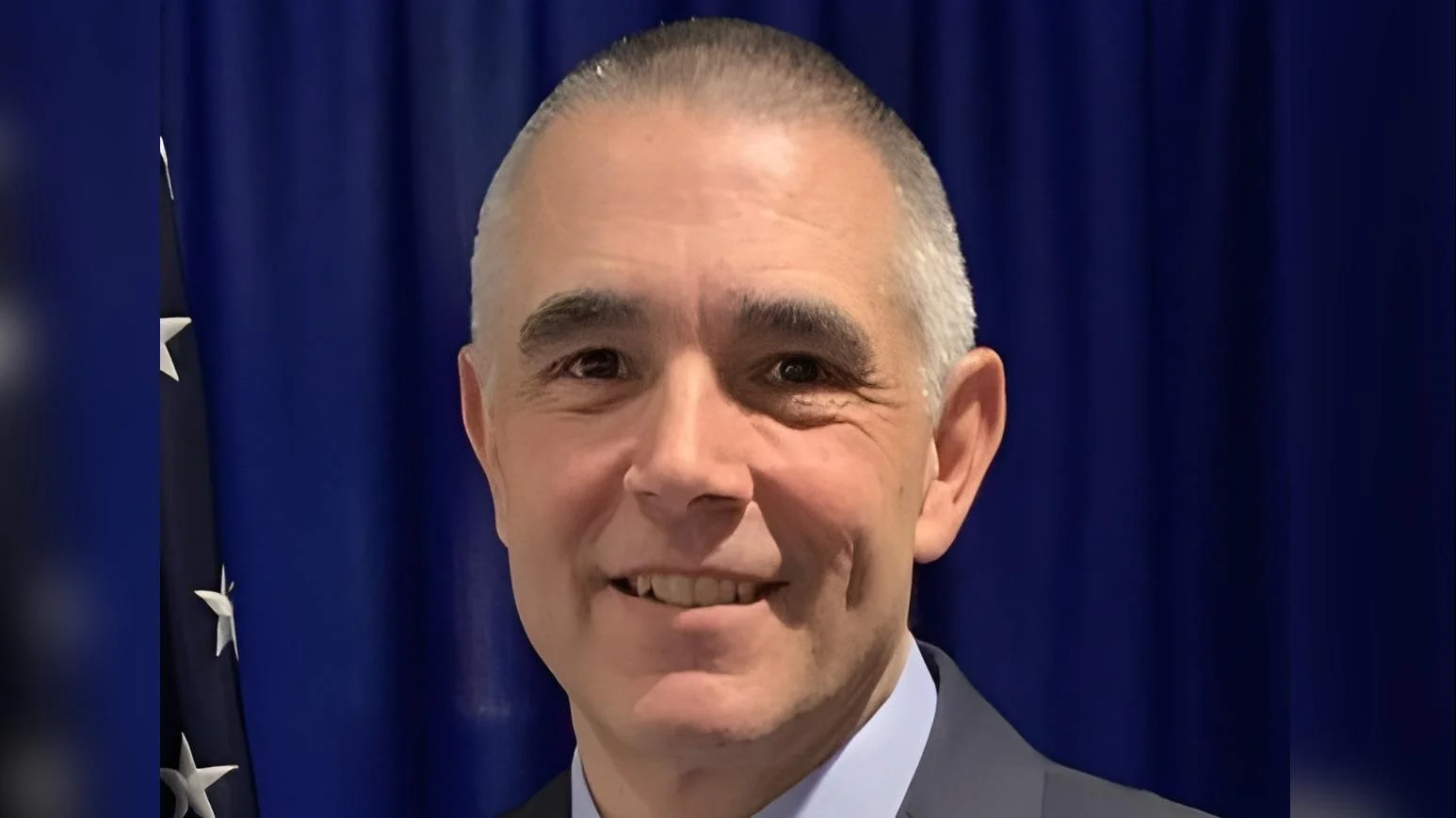A federal jury in Rochester, New York, has found Ji Wang, 63, of Painted Post, New York, guilty on multiple charges including two counts of economic espionage and theft of trade secrets. The verdict was announced by Assistant Attorney General for National Security John A. Eisenberg and U.S. Attorney Michael DiGiacomo for the Western District of New York.
“This conviction demonstrates the importance of protecting trade secrets developed in the United States, especially those with military applications,” stated U.S. Attorney DiGiacomo. “My office will continue pursue and prosecute those that steal such information.”
“Yesterday, a federal jury found Wang guilty of stealing sensitive defense research from his employer and attempting to use it to pursue personal profit at the expense our national security. We are committed to combating economic espionage and holding accountable those who disregard our export-control laws and the security of U.S. technology,” said Assistant Attorney General for National Security John A. Eisenberg. “This verdict reaffirms that such betrayals of trust will not go unpunished.”
“This conviction underscores the FBI’s dedication to exposing those who steal U.S. trade secrets for foreign benefit,” said Philip Tejera, Special Agent-in-Charge of the FBI’s Buffalo Field Office. “Any theft of valuable intellectual property is a threat to American businesses. When stolen trade secrets stand to benefit a foreign economic rival; it threatens our national security. The FBI remains committed to investigating individuals who trade American security for their own selfish greed.”
“The Bureau of Industry and Security remains committed to working alongside our law enforcement and industry partners to prevent the unlawful transfer of sensitive technologies,” said Special Agent-in-Charge Jonathan Carson.
Wang immigrated from China in 1998 to work at Corning Incorporated. Between 2002 and 2007, he participated in a joint research project funded by DARPA (Defense Advanced Research Projects Agency) and Corning aimed at developing high-powered laser optical fibers with both military and commercial uses over five years with $11.4 million in funding.
In July 2016, Wang took hundreds of files containing non-public data from this project, including proprietary manufacturing techniques that could be used to produce specialty optical fibers such as those used in fiber lasers.
Shortly before taking these files, Wang applied for China’s Thousand Talents Plan Award—a program designed by the Chinese government to encourage expatriates working in science or technology fields abroad to return home with promises of significant investment support.
After stealing the files, Wang was selected for this award and began negotiations with Chinese government entities between 2014 and 2017 about starting a specialty fiber business in China using these trade secrets as part of his business plans—plans which highlighted potential military applications like installation on tanks or other vehicles.
Law enforcement disrupted Wang’s efforts before he could launch his new venture or exploit the stolen technology.
The investigation involved agents from the Federal Bureau of Investigation under Special Agent-in-Charge Philip Tejera; Department of Commerce Office of Export Enforcement under Special Agent-in-Charge Jonathan Carson; and assistance from Homeland Security Investigations in Detroit.
Assistant United States Attorney Meghan K. McGuire (Western District of New York) prosecuted the case along with Trial Attorneys Nicholas Hunter and Brendan Geary from the Counterintelligence and Export Control Section (National Security Division).
Economic espionage convictions can result in up to 15 years imprisonment while theft of trade secrets carries up to 10 years; sentencing is set for April 15, 2026 before U.S. District Judge Frank P. Geraci Jr., who presided over the trial.





